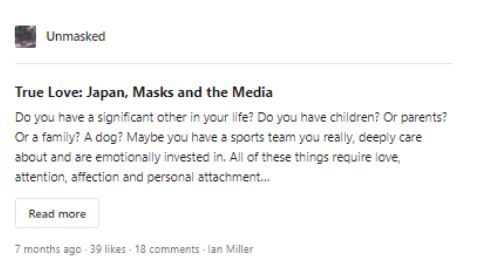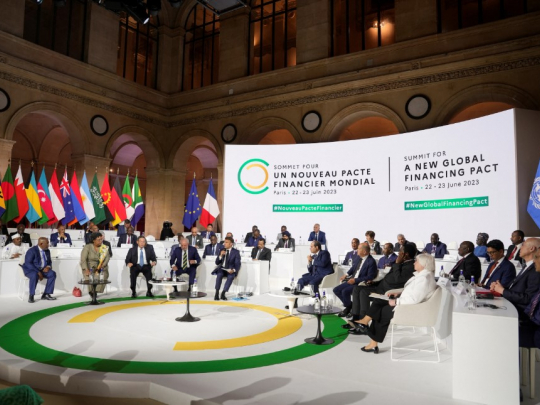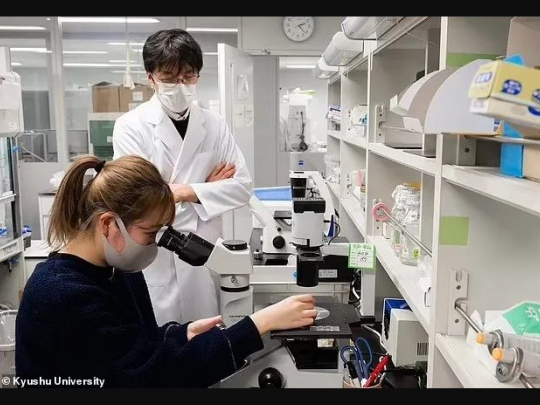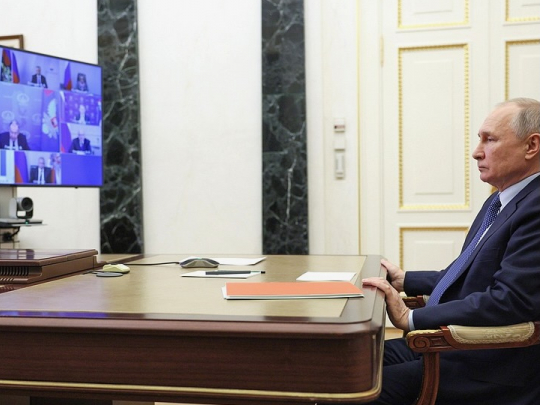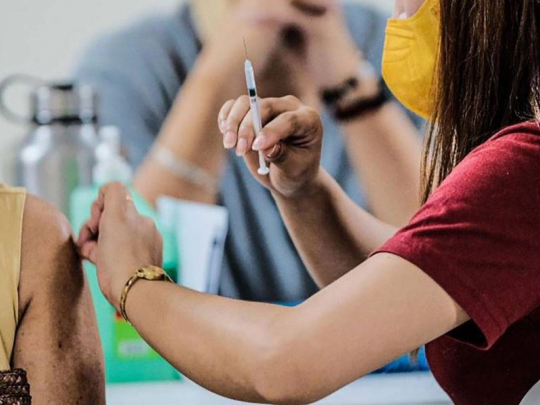How Masks Disappeared In Japan And South Korea
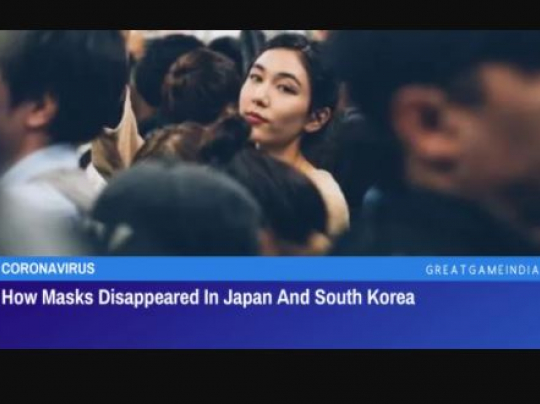
In some ways Japan and South Korea might be at least partially to blame for the multiyear long obsession with masking in most of the western world.
Many governments, especially in the United States, appeared to believe that the early “success” of countries on the Asian continent was due to a widespread cultural acceptance of masking.
That misguided assumption helped direct public health agencies, politicians, school boards and media outlets to shred dozens of high quality pre-COVID studies on masking and forcefully enact and enforce measures that were guaranteed to fail.
Once committed, they had no choice but to ignore the obvious global failure of masks and mask mandates and continue their disproven assertions that masks could end the pandemic in a matter of weeks or reduce infections dramatically.
We’ve since witnessed the anti-science crowd endlessly promoting masking and interventions, with the predictably disastrous results in the western countries being waved off as a function of poor compliance.
“The reason it’s not working is because people aren’t complying with the mandates,” they’d say, contrary to overwhelmingly consistent survey data that measured mask usage in the 90-98% range across most of the United States and Europe.
To excuse their failure, anti-data activists would point to the Asian countries as “proof” that if we all just masked a little harder, we could bring COVID under control immediately.
Whoops.
Japan
Few aspects of COVID have been more consistent than the media’s love affair with Japan’s mask culture.
It’s been a repetitive theme, so much so that I already covered it last year:
But that hasn’t stopped the publication of more stories praising their dedication to mask wearing.
One survey found that astonishing rates of Japanese citizens want to continue mask wearing even after the pandemic subsides:
Surveys suggest over 80% of Japanese people likely to continue with masks after COVID-19 subsides
And perhaps even more incredibly:
more than 90 percent of whom considered a face mask to be an asset rather than a burden, and feel comfortable with one on
90 percent think of masks as an asset! Mind boggling isn’t it?
One website has gone so far as to create an etiquette guide for how to behave in Japan during the pandemic. This section explains that the expectation in Japan is for high quality masking inside and outside:
You will be expected to wear a mask when indoors or on public transport, as well as in outdoor spaces where you encounter other people, such as in the streets and in urban parks.
For your mask to function correctly, ensure that your nose and mouth are covered and that there are no gaps. Various types of masks are used in Japan, but surgical masks made of non-woven fabric are the most common and recommended.
But it’s not just masking, you’re also expected to, and I cannot believe this is real, talk quietly:
In restaurants, on public transportation and in other closed spaces, avoid talking in a loud voice, especially when not wearing a mask, e.g. during meals.
Don’t speak in a loud voice? Who comes up with this nonsense?
You may not remember, but during the Summer Olympics hosted by Japan, cases in the country skyrocketed, leading to spectator-free games.
And just as with nearly everywhere else on earth, the surge peaked and dropped within a few months and reached extremely low levels.
Equally as unsurprising was the media rush to credit masks and vaccine rates with the dramatic decline, exemplified by an article from the Associated Press:
Almost overnight, Japan has become a stunning, and somewhat mysterious, coronavirus success story.
Some possible factors in Japan’s success include a belated but remarkably rapid vaccination campaign, an emptying out of many nightlife areas as fears spread during the recent surge in cases, a widespread practice, well before the pandemic, of wearing masks and bad weather in late August that kept people home.
Ah yes the widespread practice of wearing masks. No mention of the statistical impossibility of masks causing the decline when they were worn before the surge started.
Obviously, given the percentage of people happily complying with masking, Japan must be a COVID-free paradise, right?
Let’s check!
- Source : Ian Miller - GreatGameIndia




